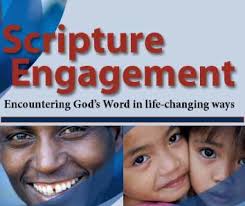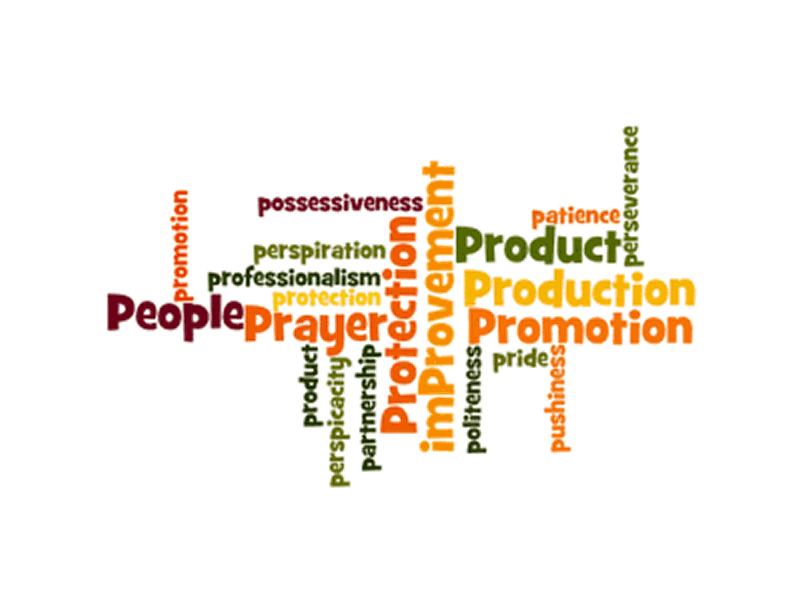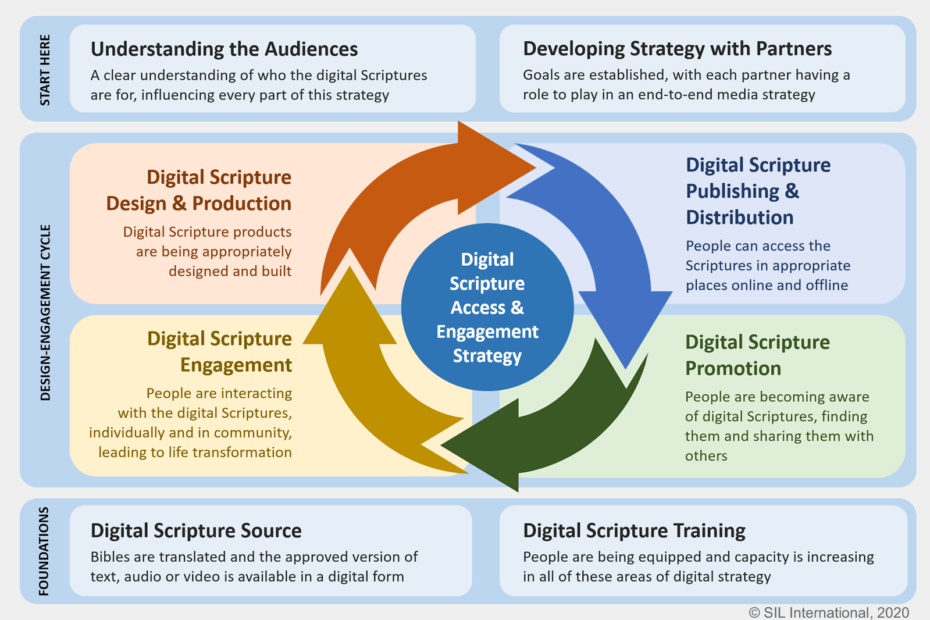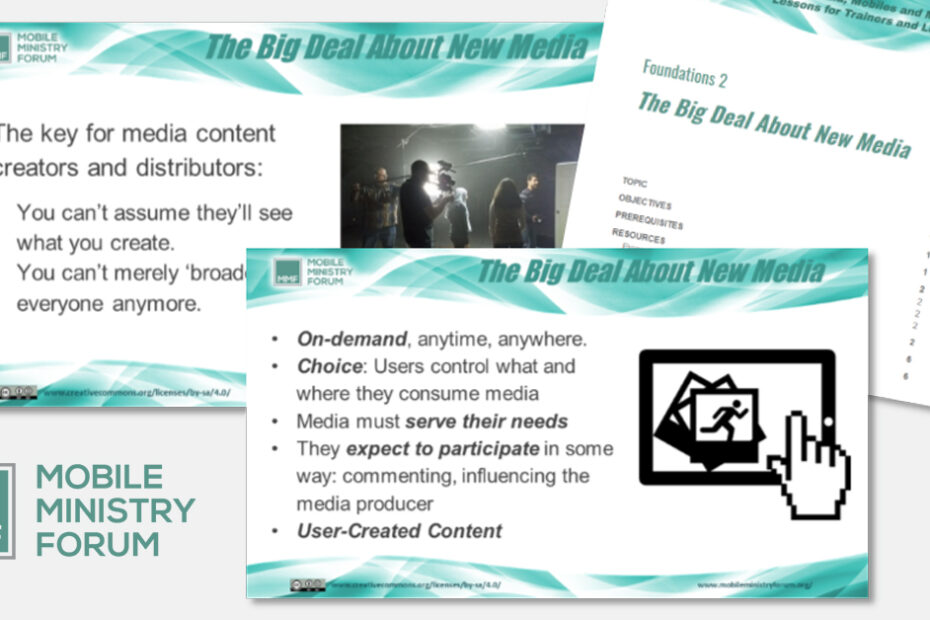Digital Nations Report: Mapping the Church’s Online Opportunities
Many people who aren’t encountering the Bible in their daily lives are part of online communities which are new mission fields.
That’s the finding of our new report entitled Digital Nations. It finds that some 5.5 billion people globally spend more than six hours per day online, where digital mission is not always strong.
Churches and Christian organisations therefore have a new mission opportunity, the report argues.Read More »Digital Nations Report: Mapping the Church’s Online Opportunities

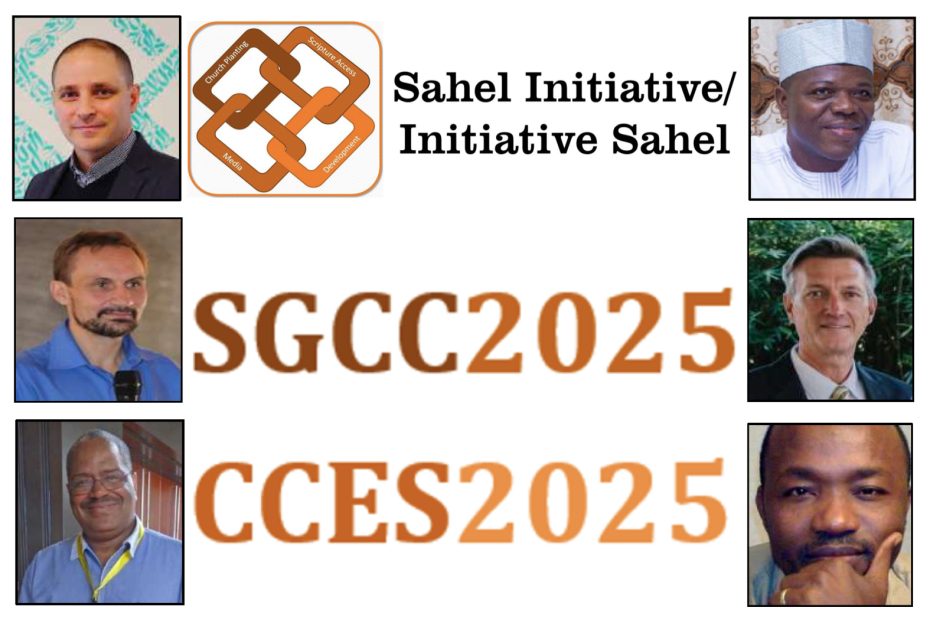
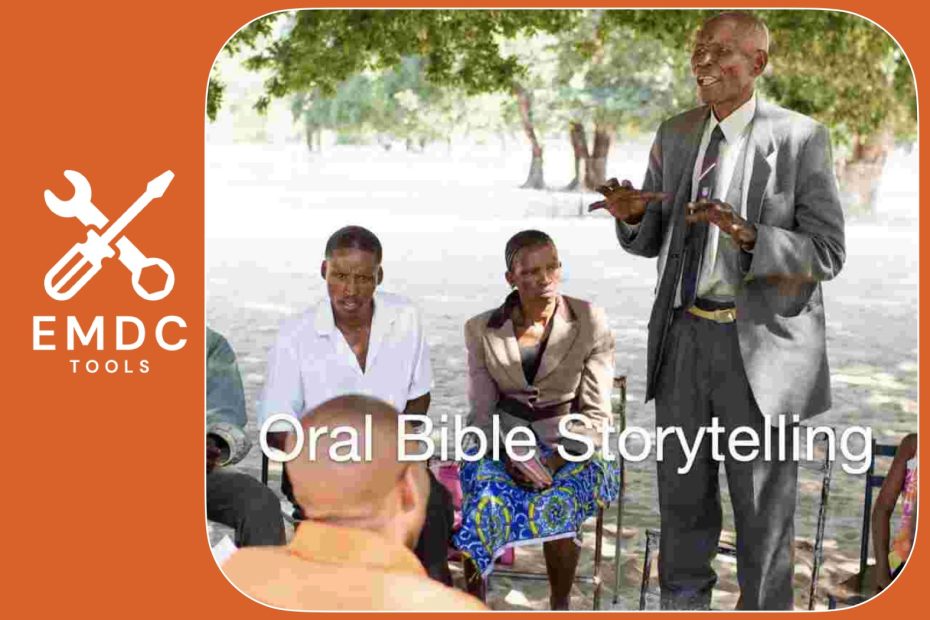
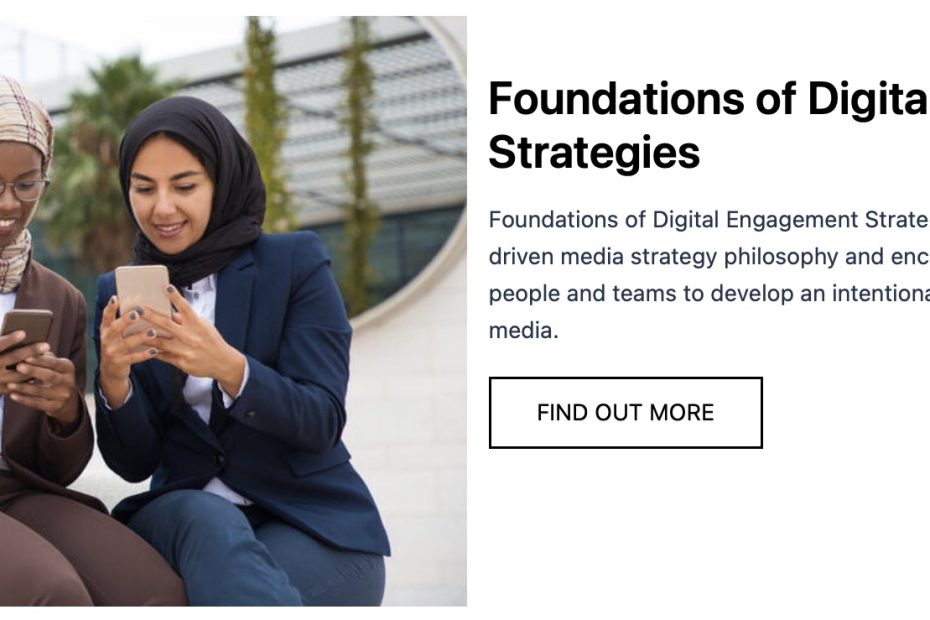
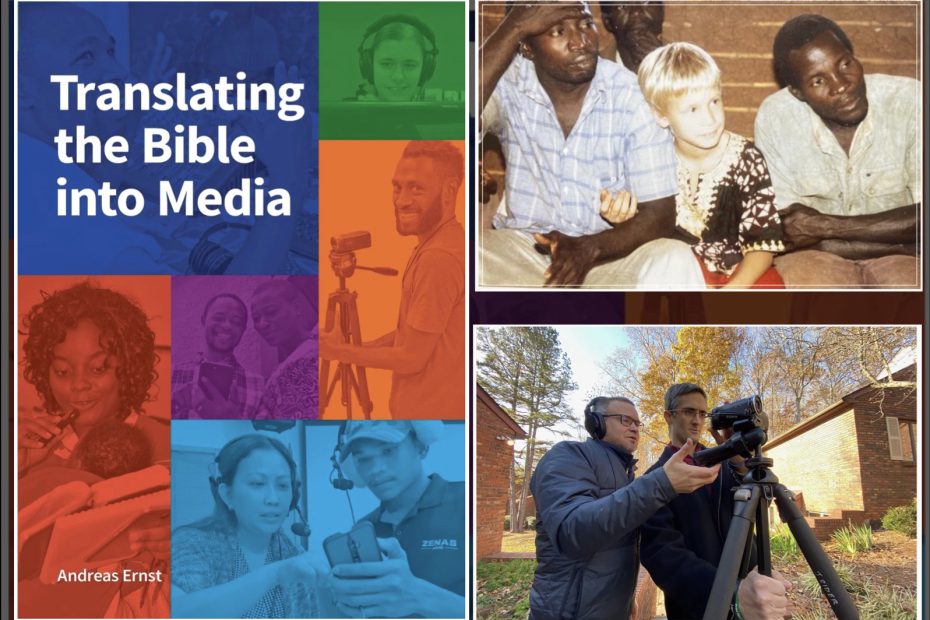
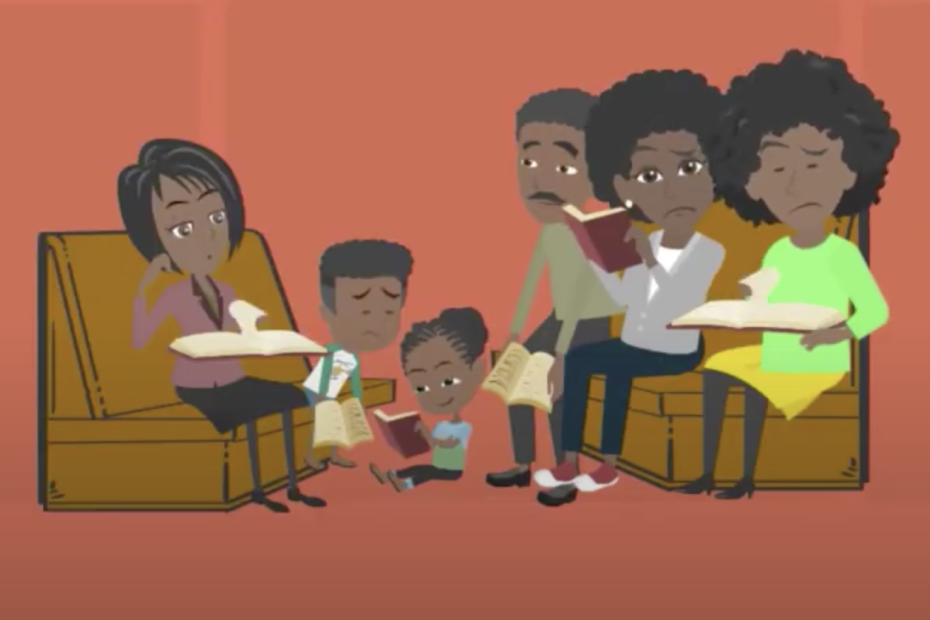
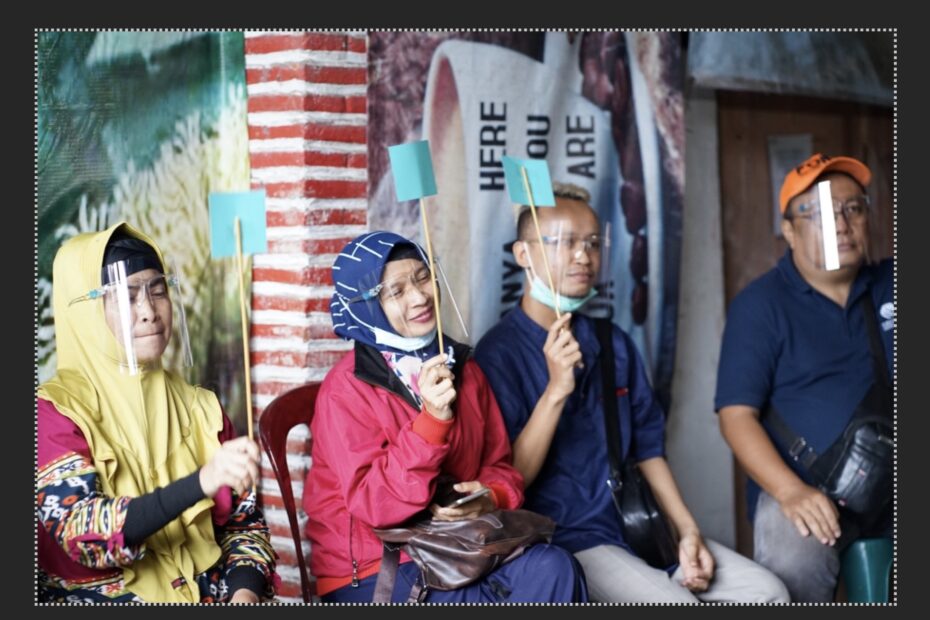


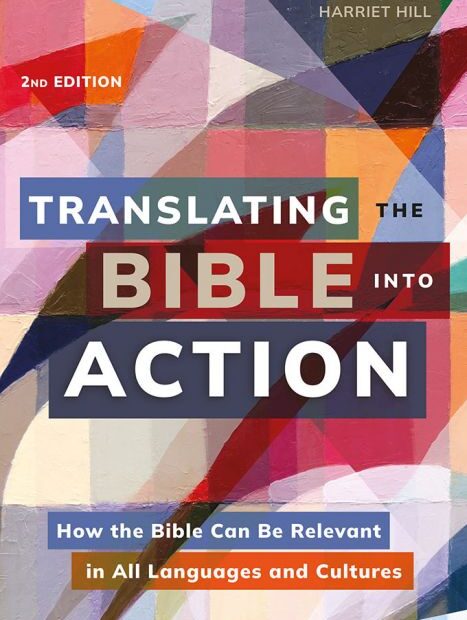

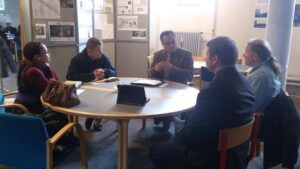 (photo credit:
(photo credit: 
